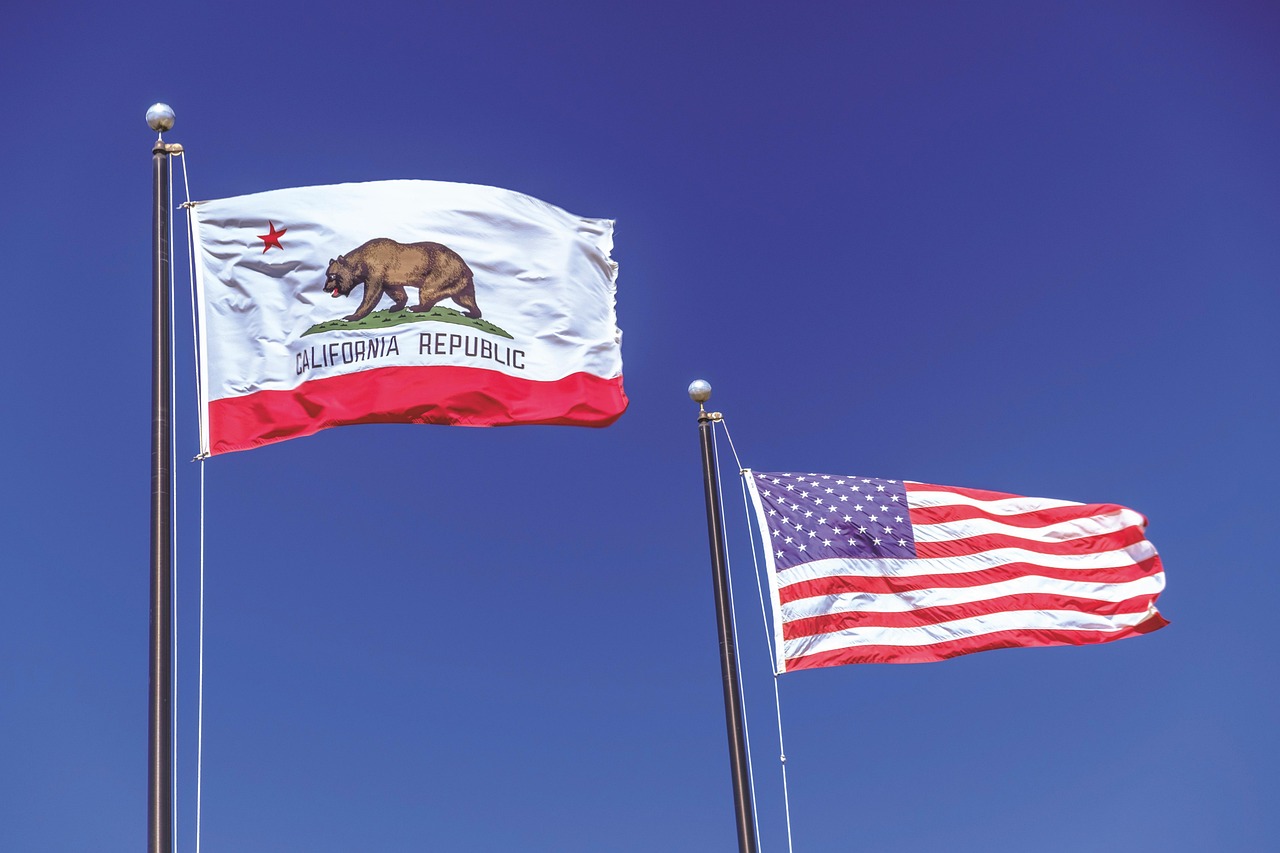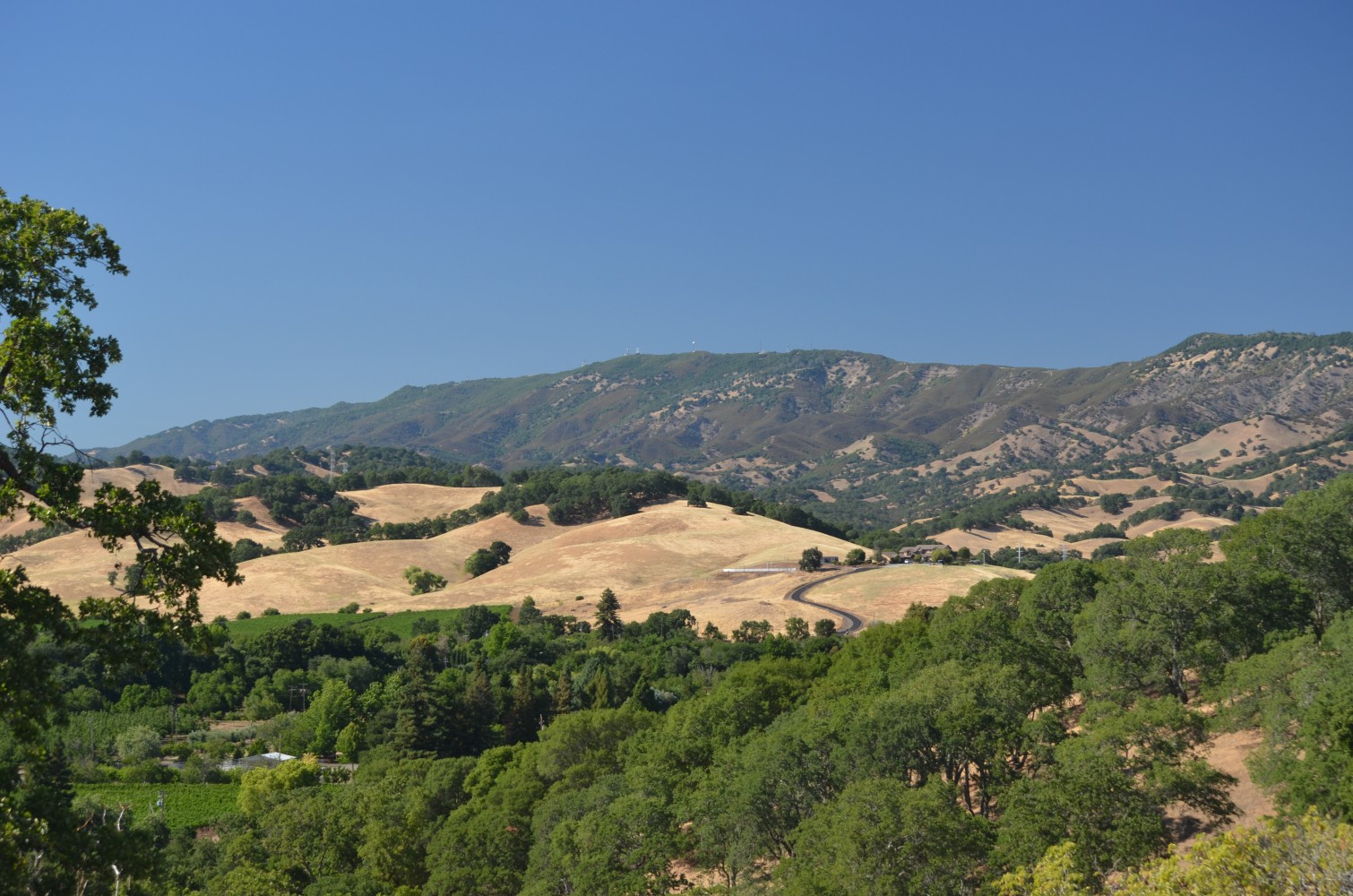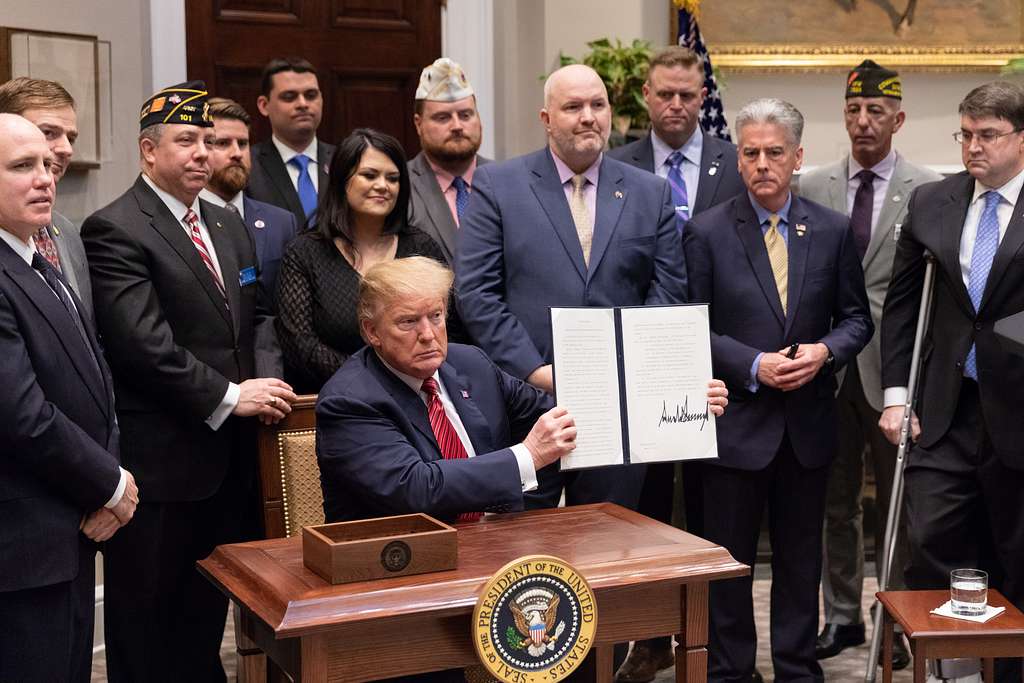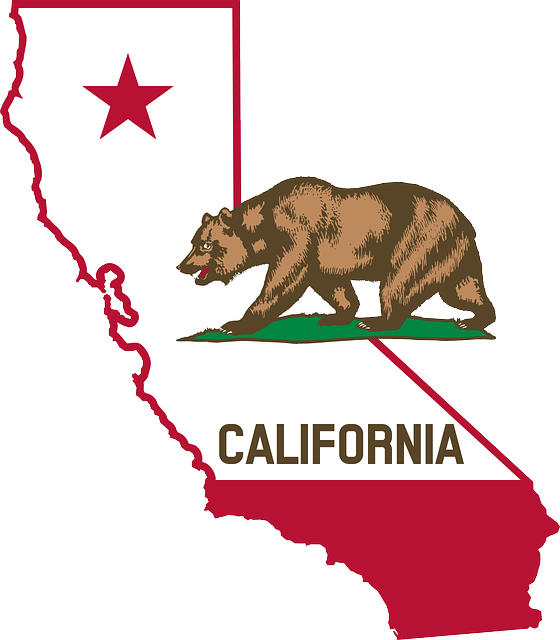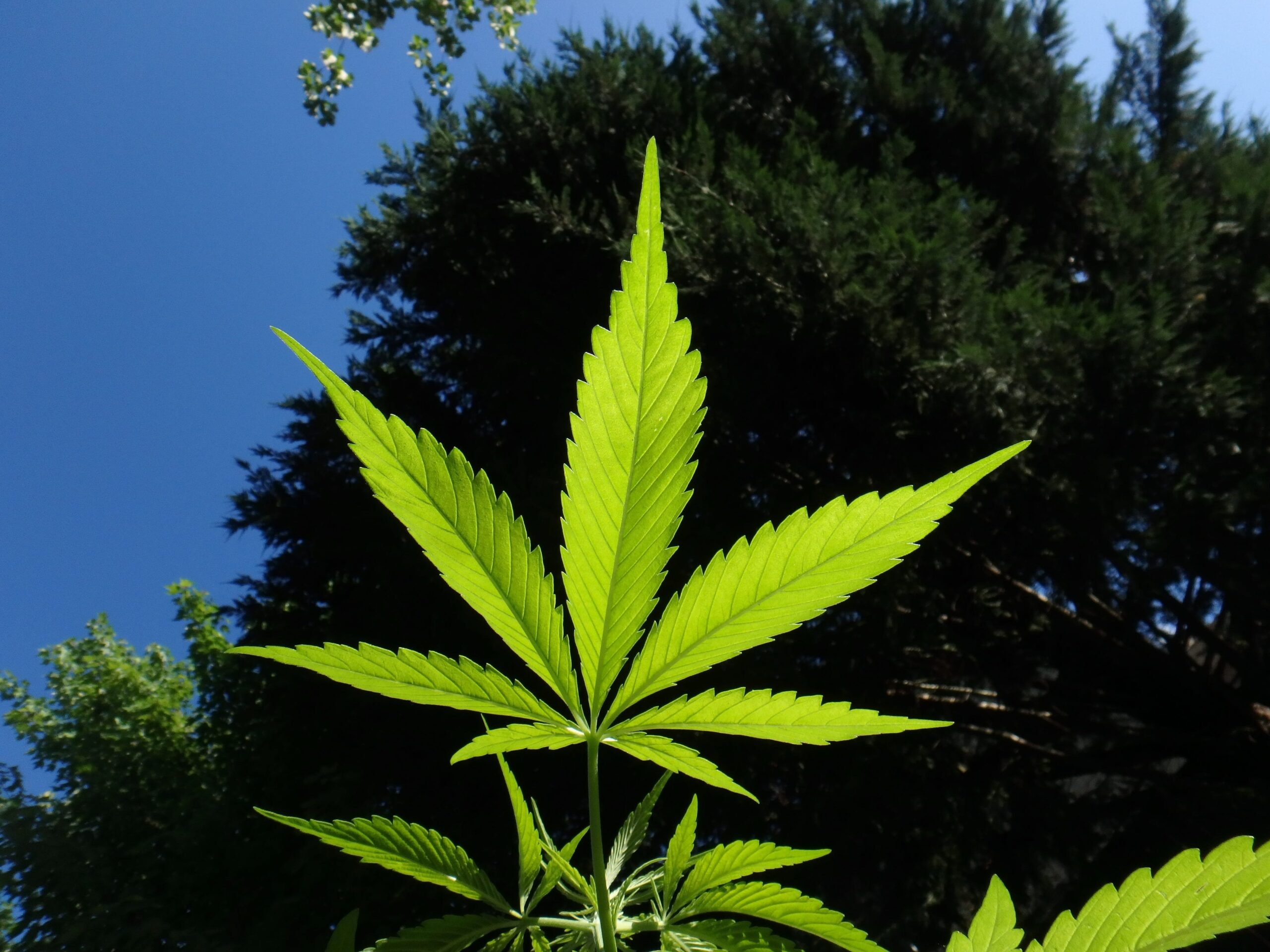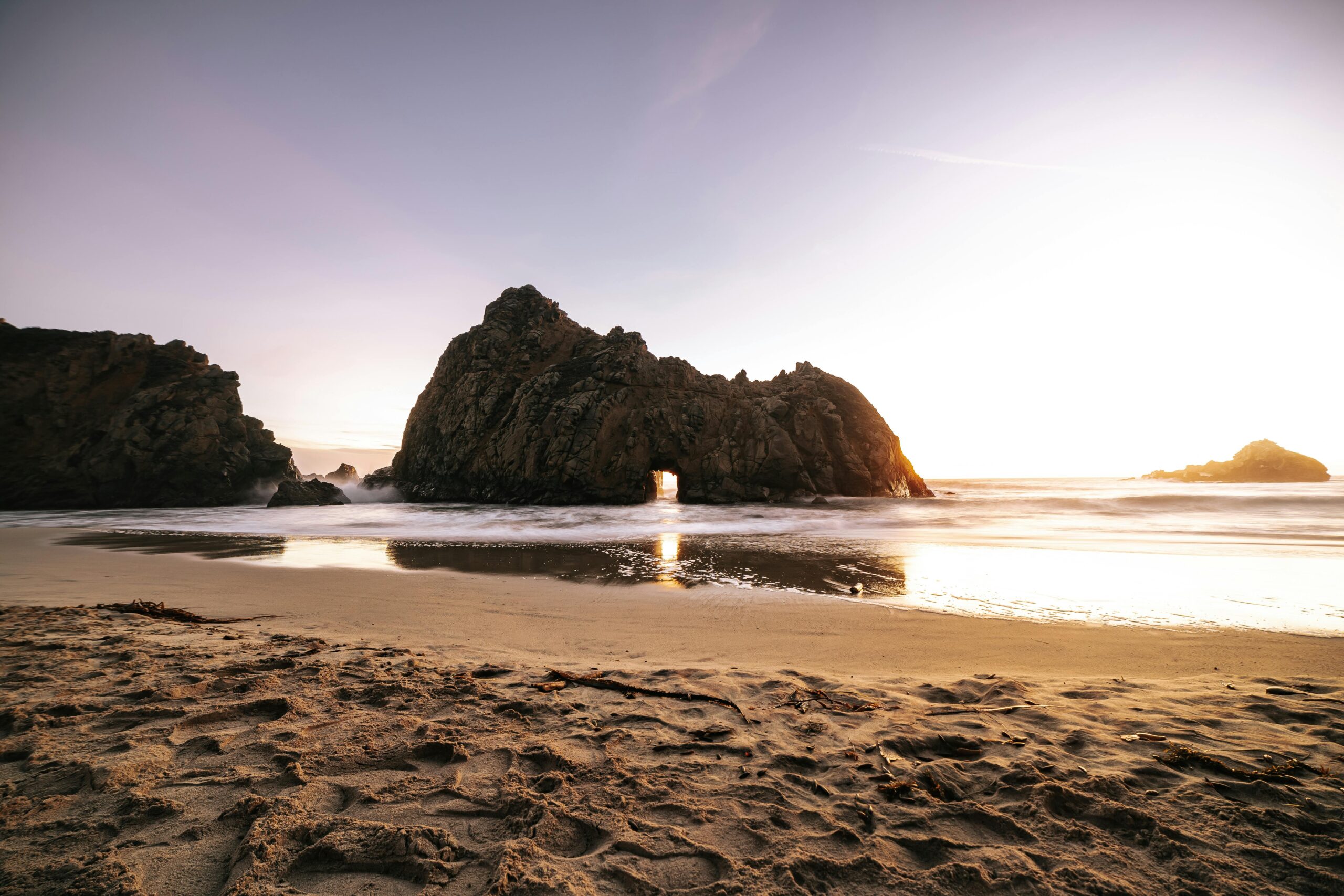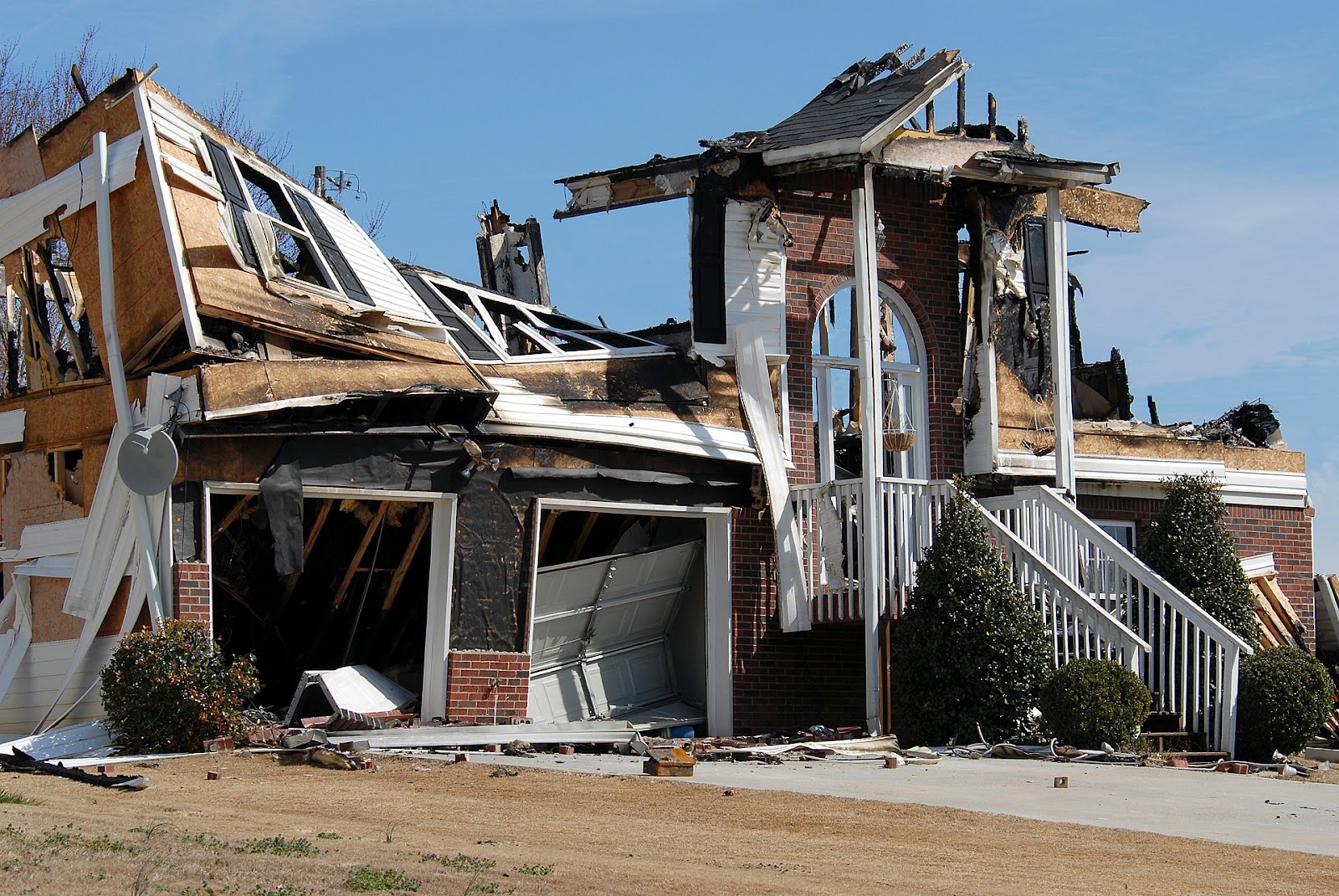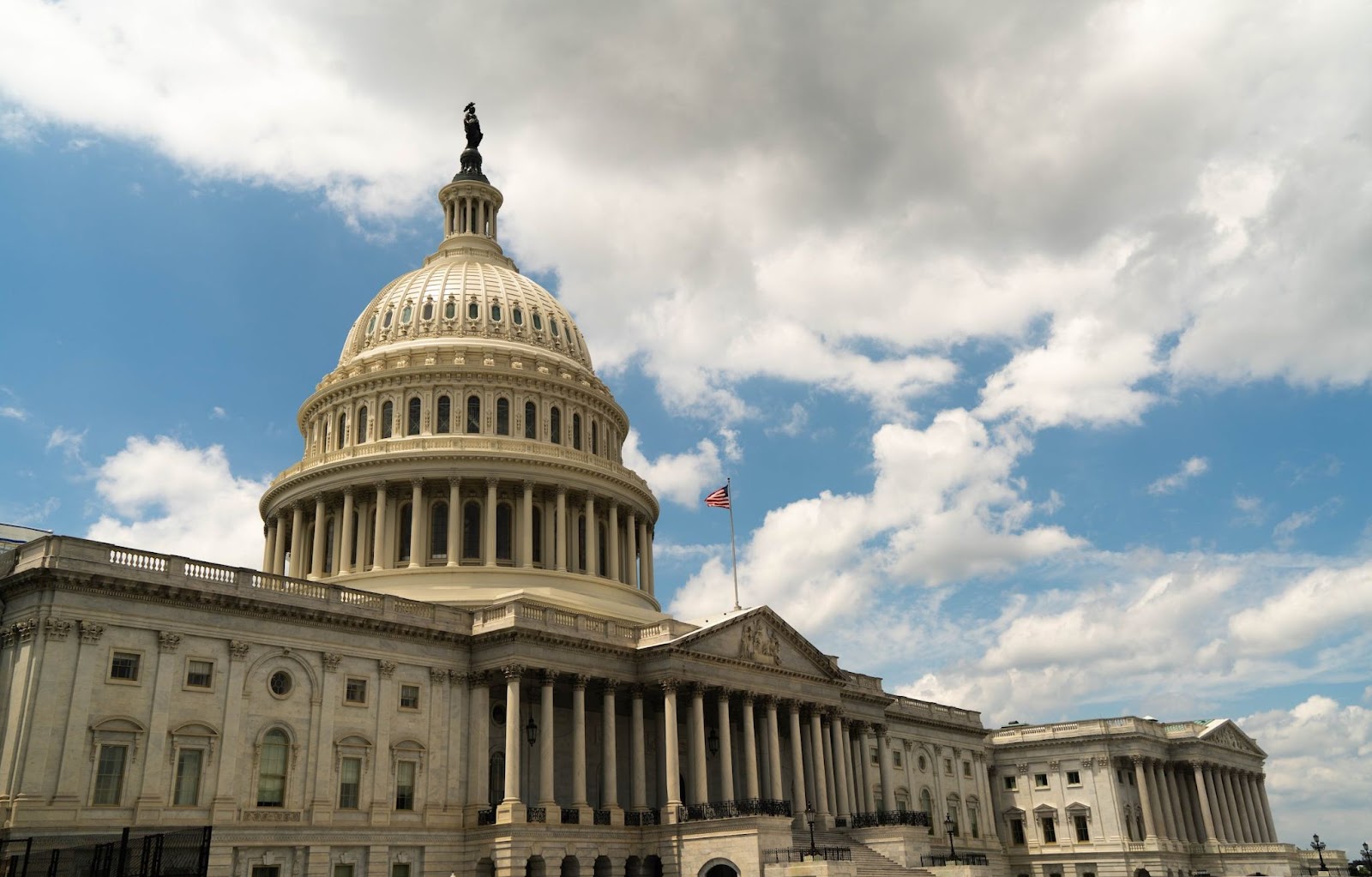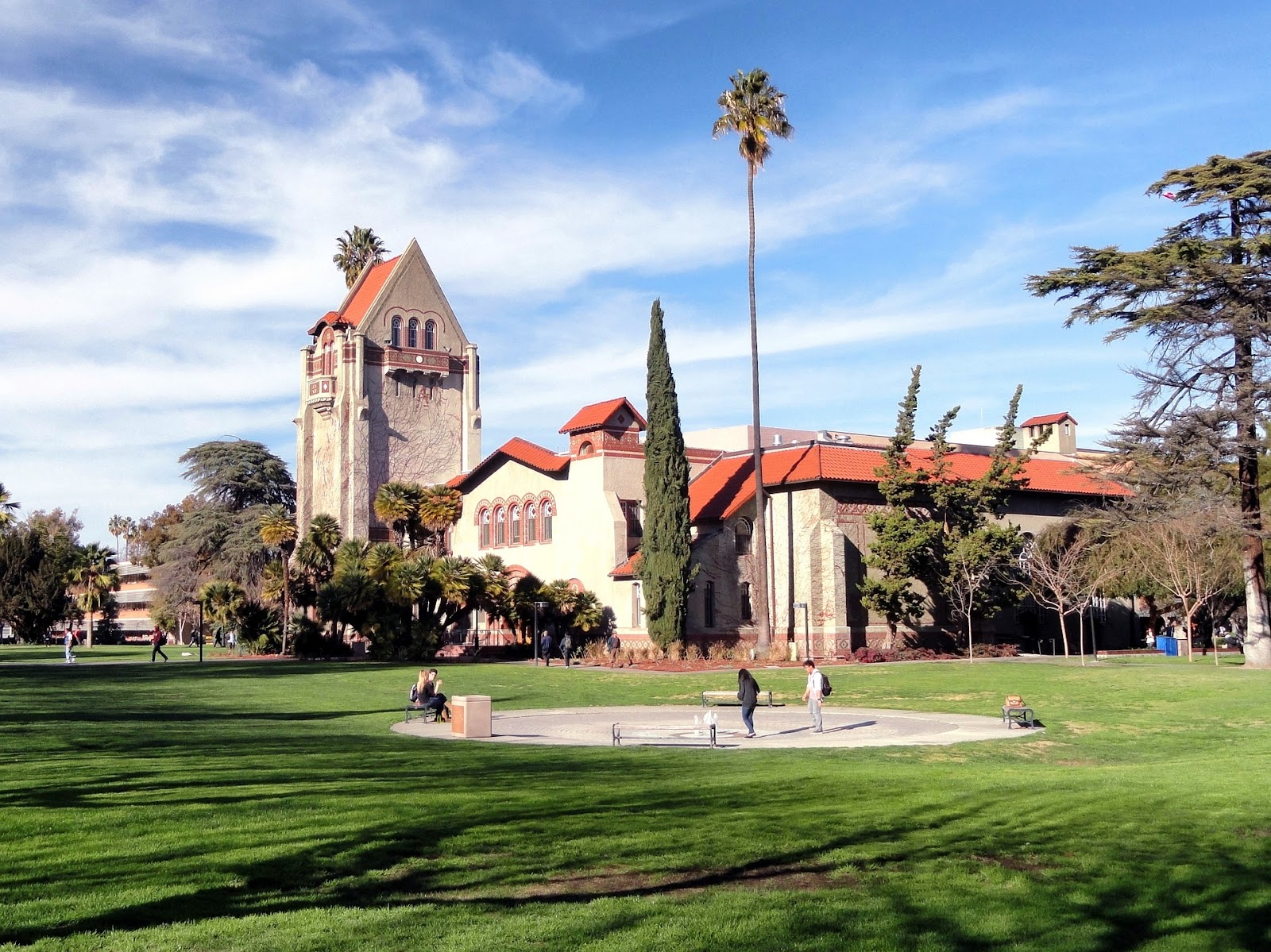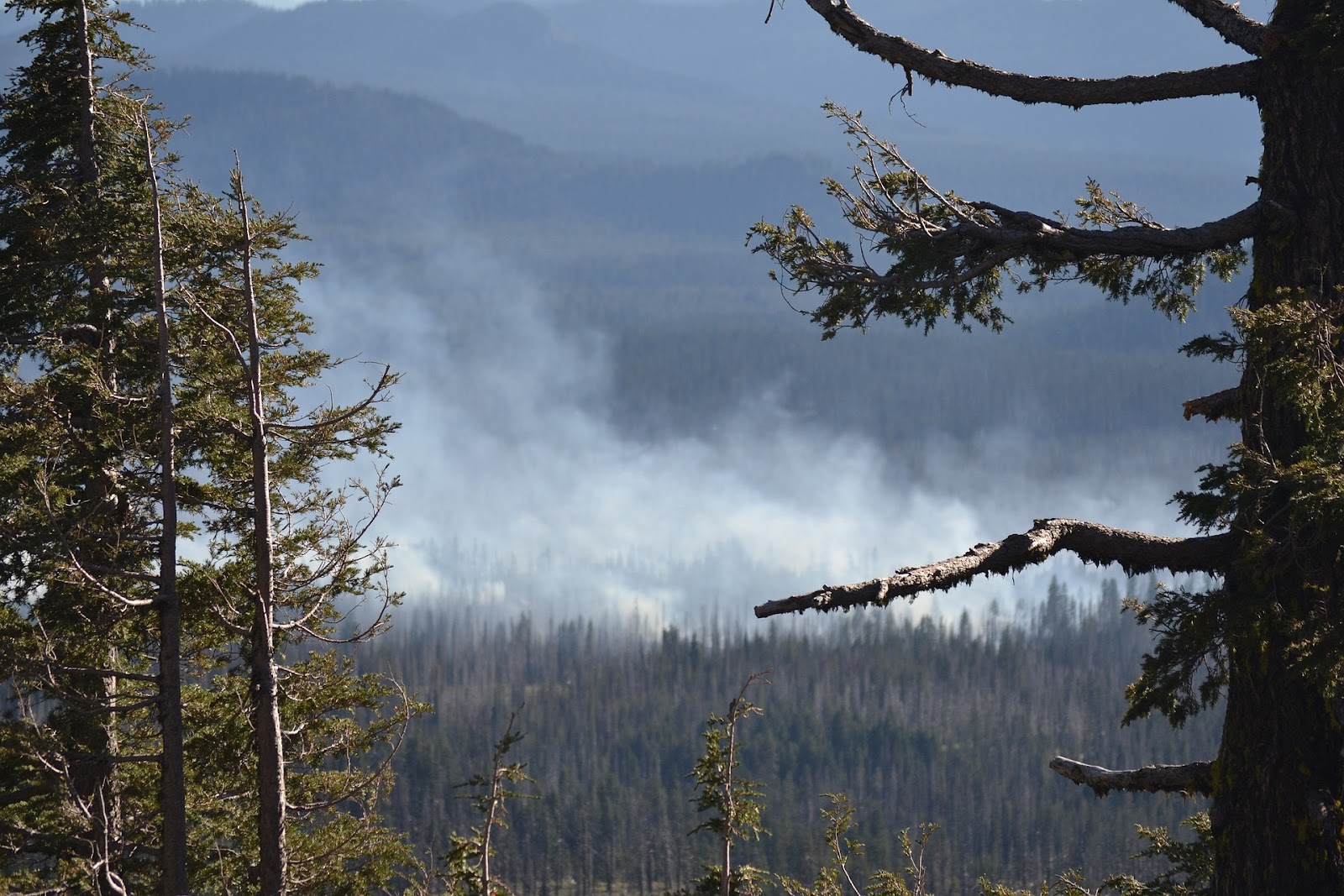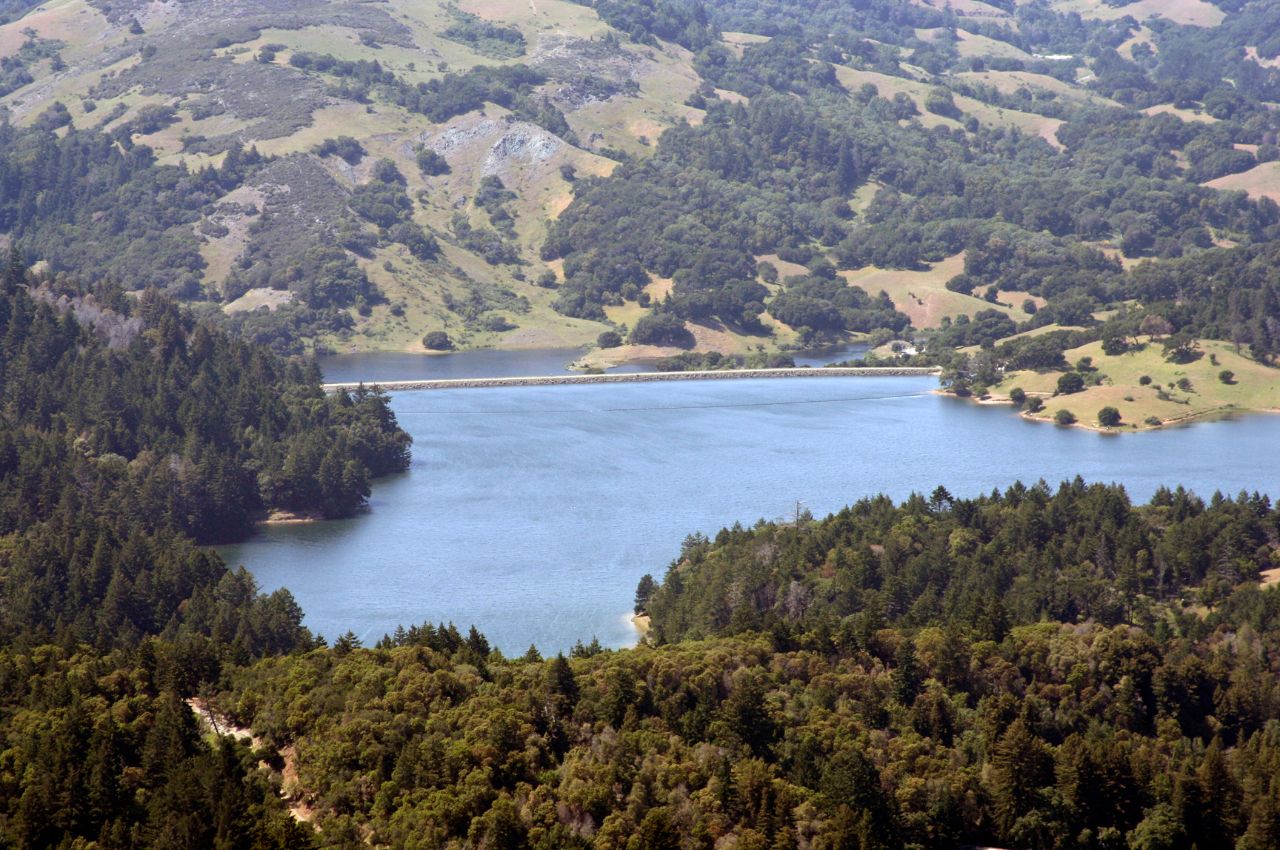Federal officials have felt a sigh of relief as recent analyses suggest that the Colorado River may have a dim chance of fighting the looming threat of water scarcity. The analysis spearheaded by the Biden administration indicated that the measures taken by the governments of states such as California, Arizona, and Nevada are safeguarding the river against water crises for the next three years. The results of this comprehensive analysis were announced on Tuesday, October 24, bringing hope to the seven states and their numerous communities relying on the river for their water needs.
According to the U.S. Bureau of Reclamation, a critical factor has played a significant role in mitigating the immediate risk. The above-average snowpack this year witnessed in the Rocky Mountains, coupled with a generous dose of rainfall, has offered a much-needed boost to the river. These fortuitous weather conditions have warded off the fears of reservoirs hitting terrifyingly low levels, at least for the next three years.
Emphasizing the positive outcomes of the voluntary conservation measures, Commissioner Camille Calimlim Touton of the Reclamation Bureau stated, “We’re already seeing the success of our work on the voluntary conservation measures.” She added, “It’s helping to stabilize the system for now, but also allows for a path to talk about sustainability for the future.”
Despite these positive evaluations, the two major reservoirs of the Colorado River remain at disturbingly low levels at 34% and 37%, respectively. Acknowledging the contributions of the ongoing conservation efforts, Deputy Interior Secretary Tommy Beaudreau has highlighted their role in averting the reservoirs from reaching critically low elevations, which can disrupt water delivery and power generation.

After the reports surfaced, the federal government explored various options for managing the river. The most viable approach among them is the state’s proposal for a reduction in water usage, a move supported by federal funding. It is a collective commitment to cut down water usage by approximately 14% across the Southwest over the next three years. This critical step will not only ensure the stability of the system in the short term but also prepare the ground for comprehensive discussions on sustainable management strategies for the long term.
Since the turn of the century, the Colorado River has experienced a drastic decline in its flow, exacerbated by the effects of global warming, so the challenges of water crises remain. Scientists have blamed rising temperatures for diminishing nearly half of the river’s flow, hinting at prompt and comprehensive action.
To address the water deficit challenges due to the impacts of climate change, the Bureau of Reclamation is preparing to unveil new management rules, expected to be in effect from 2027 onwards. This move is a crucial juncture for stakeholders to engage in meaningful discussions on sustainable solutions to secure the river’s future.
As the region braces for the upcoming winter, people relying on the river water supply are praying for a generous dose of snow and rain to alleviate the pressure on the river. However, officials believe that relying solely on nature’s bounty might fall short of combating the persistent challenges of climate change. The need for adaptive and flexible long-term strategies remains paramount. The path ahead might be uncertain, but collaborative efforts with a keen focus on sustainability can save the Colorado River Basin and secure the future for all who rely on its water.














